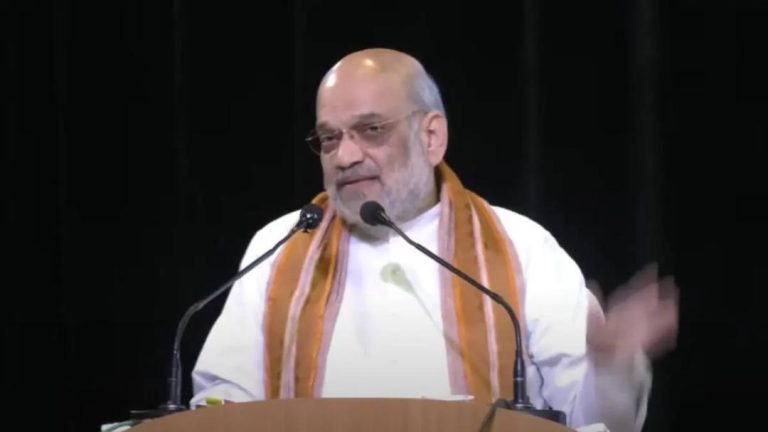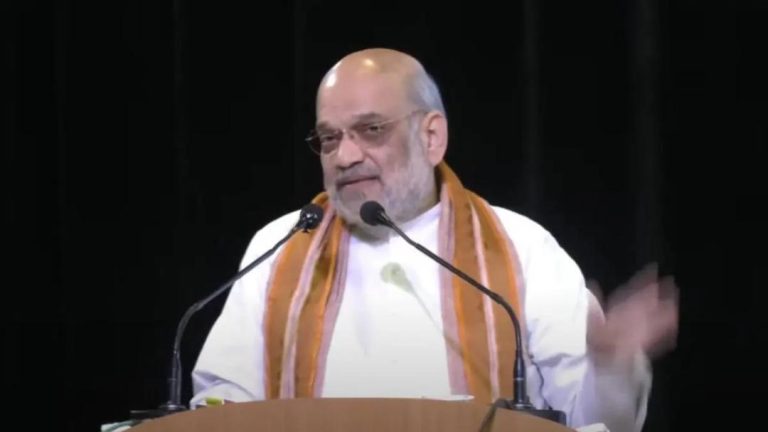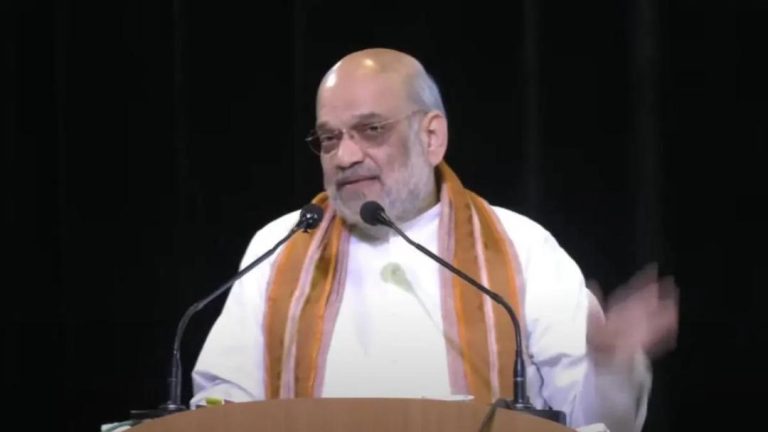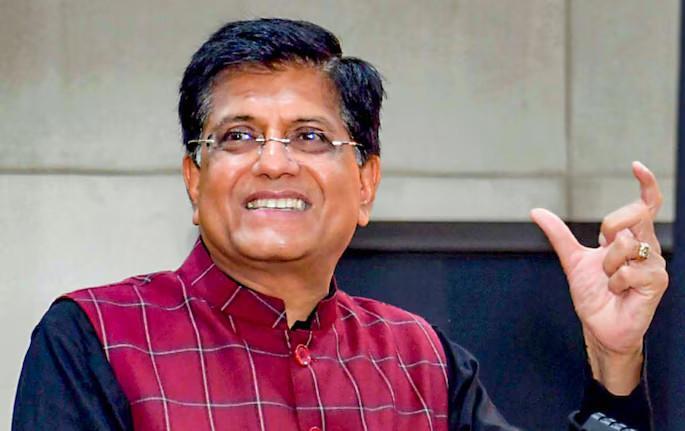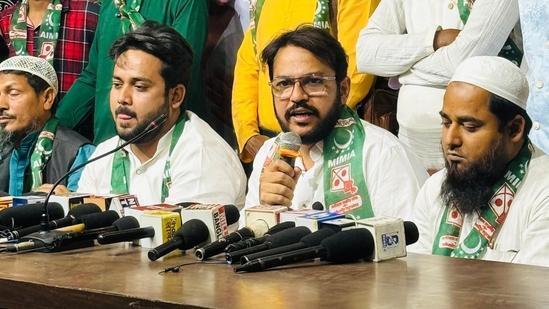
Will Contest All Assembly Seats as 40% of WB is Now Muslim: AIMIM
The All India Majlis-e-Ittehadul Muslimeen (AIMIM) has announced its plan to contest all seats in the 2026 West Bengal Assembly elections. The party’s spokesperson, Imran Solanki, revealed this decision while claiming that Muslims now make up over 40% of West Bengal’s population. This move is seen as a significant development in the state’s political landscape, particularly in the context of the ongoing political rivalry between the ruling Trinamool Congress (TMC) and the Bharatiya Janata Party (BJP).
Solanki made these statements while addressing a gathering of Muslim leaders and intellectuals in Kolkata. He alleged that the TMC, led by Chief Minister Mamata Banerjee, has been exploiting Muslim votes while reaping benefits from Waqf properties. Furthermore, he accused both the TMC and BJP of failing to work in the interests of the Muslim community.
AIMIM’s decision to contest all seats in the 2026 Assembly elections is seen as a bold move, given the competitive political landscape of West Bengal. The state has been a stronghold of the TMC, with the party having won a majority of seats in the last Assembly elections. However, the AIMIM’s claim that Muslims now make up over 40% of the state’s population could potentially alter the political dynamics of the state.
According to the 2011 census, Muslims accounted for around 27% of West Bengal’s population. However, since then, the Muslim population has been growing at a faster rate than the overall population of the state. This could potentially have a significant impact on the political landscape of West Bengal, particularly in the context of the AIMIM’s plans to contest all seats in the 2026 Assembly elections.
Solanki’s allegations against the TMC and BJP are also significant, given the ongoing political rivalry between the two parties. The TMC has been accused of exploiting Muslim votes in the past, while the BJP has been criticized for its handling of Muslim-related issues. The AIMIM’s decision to contest all seats in the 2026 Assembly elections could potentially disrupt the political status quo in West Bengal and create a new wave of political competition.
The AIMIM’s decision to contest all seats in the 2026 Assembly elections is also significant in the context of the party’s growing political influence in the state. The party has been making inroads in West Bengal in recent years, particularly in the wake of the 2019 Lok Sabha elections. In those elections, the AIMIM won two seats in the state, with its candidate, Firoz Khan, winning the Murshidabad seat and the party’s candidate, Md. Salim, winning the Raiganj seat.
The AIMIM’s growing political influence in West Bengal is also reflected in its increasing presence in the state’s politics. The party has been actively engaging with local Muslim leaders and intellectuals, and has been working to build a strong network of supporters across the state.
In conclusion, the AIMIM’s decision to contest all seats in the 2026 West Bengal Assembly elections is a significant development in the state’s political landscape. The party’s claim that Muslims now make up over 40% of West Bengal’s population could potentially disrupt the political status quo in the state, and create a new wave of political competition. The AIMIM’s allegations against the TMC and BJP are also significant, given the ongoing political rivalry between the two parties.
